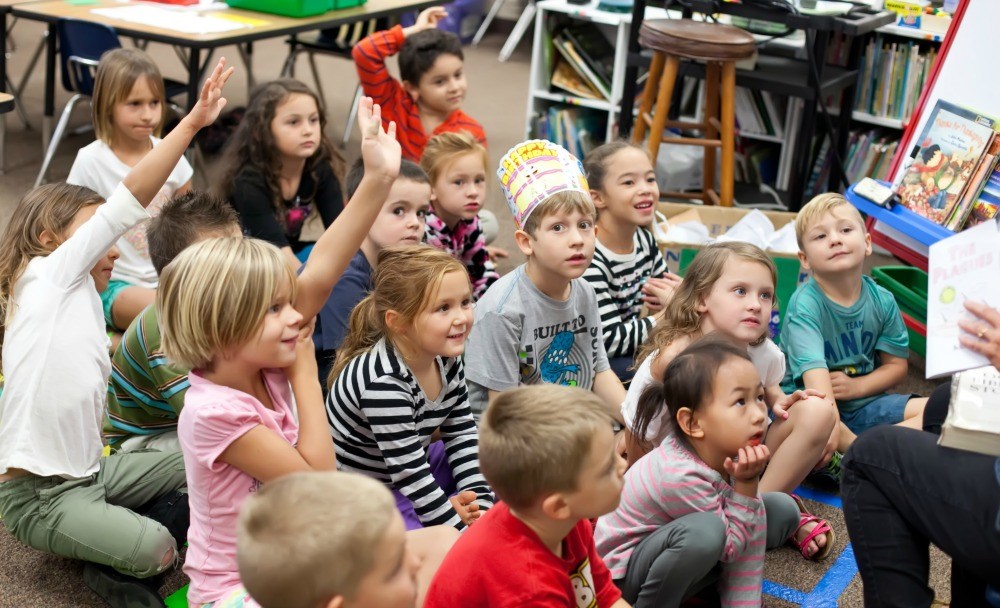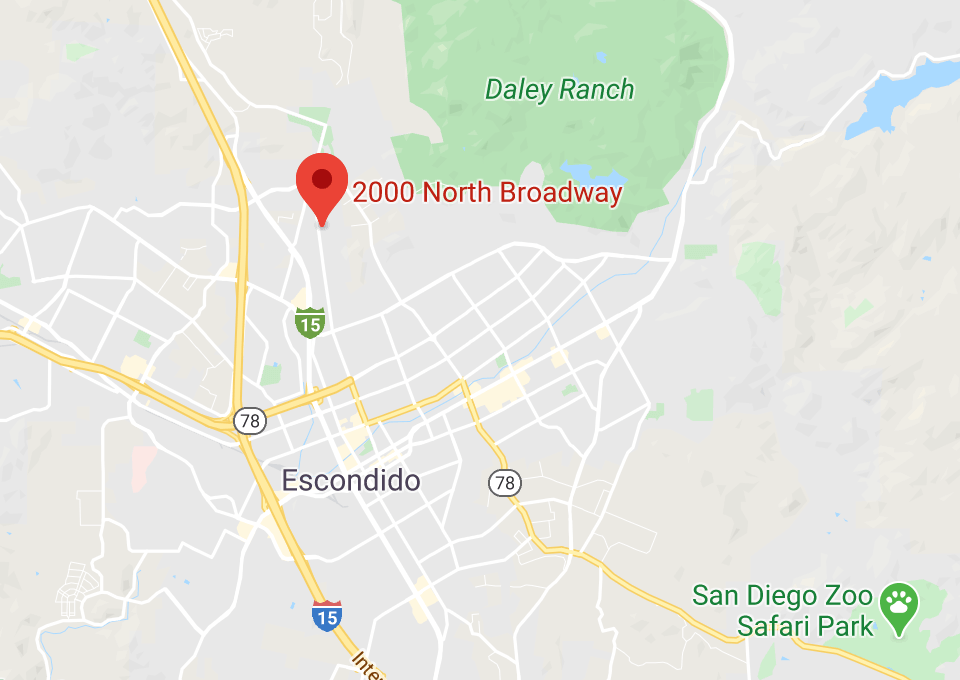Your role and responsibility in your child’s growth and development is very important. First realize, however, that developmental growth and learning, while not automatic, is a natural process that proceeds at different rates in different children. Certain developmental skills are typically achieved within a range of ages but not according to a rigid schedule or timetable. A child may be anywhere within that range.
A child should not be pushed to develop more quickly – development is a fluid process that cannot be rushed. Experiences can enhance development, but cannot speed up a child’s rate of growth. Regardless, you can and should engage your child in a large variety of enriching and meaningful experiences that enable him or her to grow more fully in skill and confidence, at his or her own developmental stage. Positive early experiences are critical for brain development, helping to prepare a child for better learning at later ages.

Typically, a child must be five years old, or close to five years to begin Kindergarten. However, not all 5-year-olds are developmentally ready for the rigors of an increasingly academic and demanding Kindergarten curriculum. A child may already know the ABC’s or be able to count to 100, but a child also needs to be ready physically, socially, and emotionally, and exhibit behaviors that will support school success. Depending on the expectations of the individual Kindergarten setting, a regular education child may need to be able to sit for long periods of time quietly, take care of personal needs independently, understand and respect rules and limits, and work without a lot of adult supervision.
Many children of the same chronological age may differ remarkably from one another in their rates of growth and development. These differences are often not compatible with Kindergarten programs that have rigid curriculum standards designed to meet prescribed criteria for academic performance rather than to meet the individual needs of the child. Parents should be encouraged to talk to teachers and administrators at their child’s school to better understand the school’s expectations and whether or not the environment is most appropriate – and ready – to meet the needs of their child.
Not all children are ready for the same experiences at the same time. As such, parents may want to consider not only the particular curricular expectations of the Kindergarten, but also signs of the child’s developmental readiness for that particular program. Discuss this with teachers or administrators at your child’s school, and think about the following questions.
Please ask yourself, "Can my child…
- Comfortably be away from me for an entire day? "
- Express ideas and feelings to adults other than immediate family? "
- Accept minor disappointments or limits without tears? "
- Listen to, and follow, directions?"
- Take turns, and/or wait for his/her turn, patiently?"
- Work independently without constant adult supervision? "
- Find ways to resolve conflicts and solve problems with peers independently?"
- Make simple decisions given a few choices of play activities? "
- Take care of personal belongings and toileting needs independently"
- Retell familiar stories, nursery rhymes, or songs?"
——–
Calvin Christian School requires an incoming Kindergartner to be 5 years old by September 1. If you want to learn more, please contact the Admission Office at 760-520-8435 or [email protected]
Read more from the Gesell Institute.



